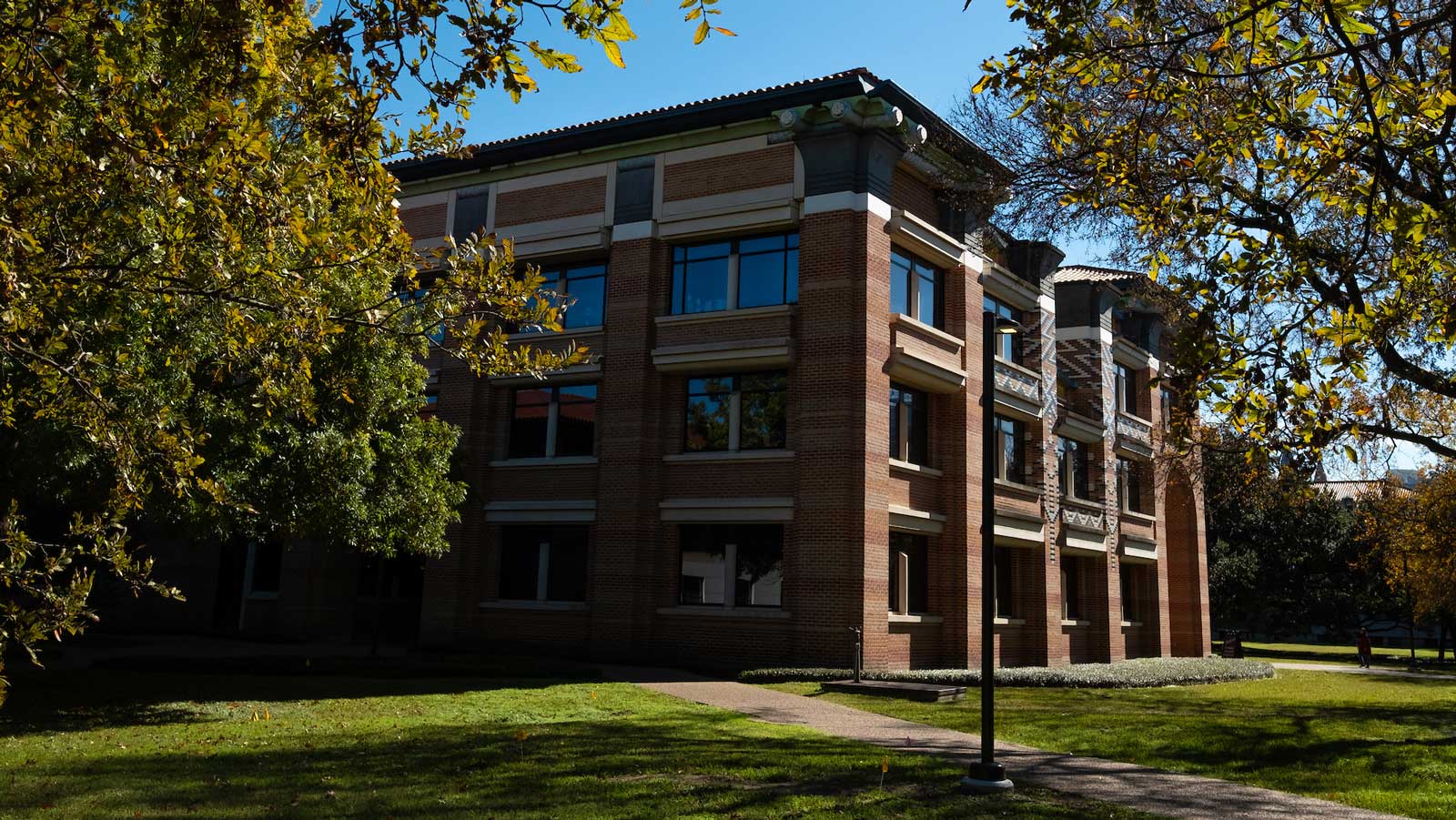The strategic plan of the George R. Brown School of Engineering consists of three pillars: research and translation; education and outreach; and culture and operations. While we work on the first two on a daily basis in the school, it is important to remind ourselves of the importance of our culture and operations. For this pillar, our stated goal is to “work to ensure that administrative effectiveness, interdisciplinary collaboration and diversity serve as core tenets for the School of Engineering.” So what do these three tenets mean to me as dean?
In addition to being a leader, the dean is an administrator as is the department chair. I have served in both roles. Administrative effectiveness is about appropriate staffing, well-defined processes, and accountability. Rice University used to be small; it no longer is. Therefore, it is important to create efficiencies within the school so that we become even better stewards of our resources. That means, for example, having well-defined processes for hiring faculty and creating courses and ensuring faculty and staff alignment. Not to be confused with bureaucracy, processes should be as simple as possible but, to quote Einstein, not simpler, and they should be reviewed on a regular basis and adjusted when necessary. Importantly, having the right administrative structure and processes won’t work if we don’t demand accountability of ourselves. We must take responsibility for the tasks we were hired to perform and be evaluated regularly and fairly on our performance.
Our world faces grand challenges, many of which require engineering solutions. However, I am unaware of a single grand challenge whose solution resides within one discipline of engineering or even within engineering alone. Interdisciplinary collaboration, therefore, must be our mode of work. When it comes to research, department boundaries should be non-existent. This same attitude should extend to the practices of faculty hiring. Building school-wide, and even university-wide, centers of research excellence should take precedence over reaching specific numbers of faculty members in a certain department. Our excellence will depend on us coming together to tackle big problems. Throughout my years of research in computational historical linguistics and computational evolutionary biology, I have truly enjoyed collaborating with historical linguists and biologists and learned so much from them. Collaborating with researchers from other areas equips us with new ways of approaching problems and solving them.
Finally, I want to talk about diversity – starting with my own background. I was born to a Christian, Arab (Palestinian) family in Israel. In 2004, I married my wife who is Japanese. We have two children who were born in the United States, so they are American citizens of Arab/Japanese ancestry. I speak Arabic, Hebrew, and English. My wife speaks Japanese and English. My children speak mainly English. (Alas, if they spoke Arabic, English, and Japanese, they’d write right-to-left, left-to-right, and top-down, respectively!) In short, I have lived and experienced diversity all my life and this has shaped the man I am today. Diversity means, among many things, the richness of our experiences and ample representation of the society in which we live. In engineering, in particular, diversity leads to technologies that serve everyone. I’ve learned that most issues we encounter are too complex to have one of two possible solutions; people with different backgrounds view the same issue differently. It’s our diverse ways of thinking, engagement in respectful dialogue, and how we problem-solve that lead to the best solutions. Let us embrace that. I believe diversity and excellence have a healthy overlap and we should operate in that overlapping region. Our school will always provide fair access and equal opportunity to everyone, and we will make sure that everyone is equally involved and supported.
There is much to accomplish in the School of Engineering and it is imperative that our community – students, faculty, staff and alumni – align around these key areas to move the school forward.
The Message from the Dean of Engineering and Computing at Rice University is published quarterly during the academic year, and is shared with our students, faculty, staff and friends.

